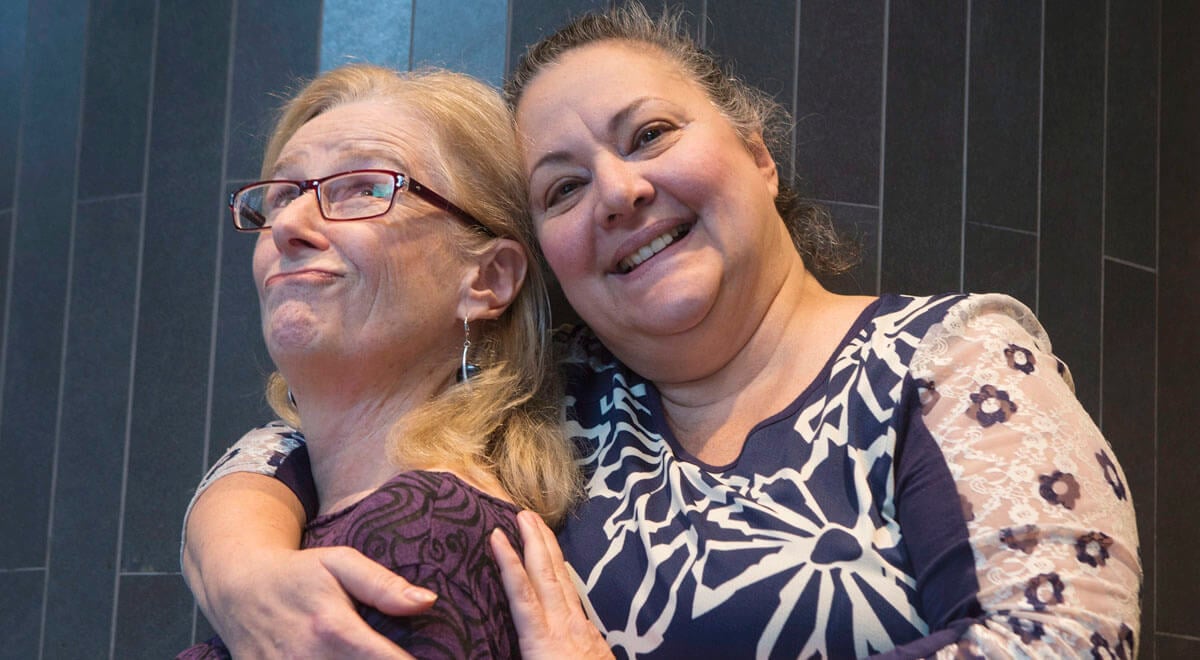Gail Vaz-Oxlade’s new book gives advice for the newly single
"CEO of Everything'' gives social advice on how to fare on your own
Advertisement
"CEO of Everything'' gives social advice on how to fare on your own

Share this article Share on Facebook Share on Twitter Share on Linkedin Share on Reddit Share on Email